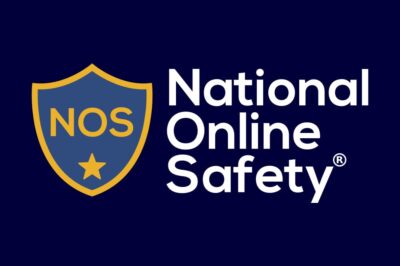
Please find the National Online Safety guide for What Parents and Carers Need to Know about Fortnite Chapter 4 below.
Download: What Parents and Carers Need to Know about Fortnite Chapter 4 [PDF]
Thank you.
More Information
If you know any young gamers, you’ll almost certainly be familiar with Fortnite. It’s one of the most popular video games on the planet – up alongside other mega-hits like Minecraft, Roblox and Call of Duty in terms of its sheer number of fiercely dedicated players. Fortnite currently has more than 400 million devotees worldwide – around 25 million of whom play it every day.
Given Fortnite’s relatively young user-base, though (as many as one in four pre-teens are reported to have played the game, despite its PEGI 12 age rating), it’s prudent not to conflate immense popularity with absolute safety. Our #WakeUpWednesday guide assesses the latest version for potential pitfalls that parents and carers of young Fortnite fans should be aware of.
In the guide you’ll find a number of potential risks such as compulsive playing, audio chat with other gamers and in-game spending.
